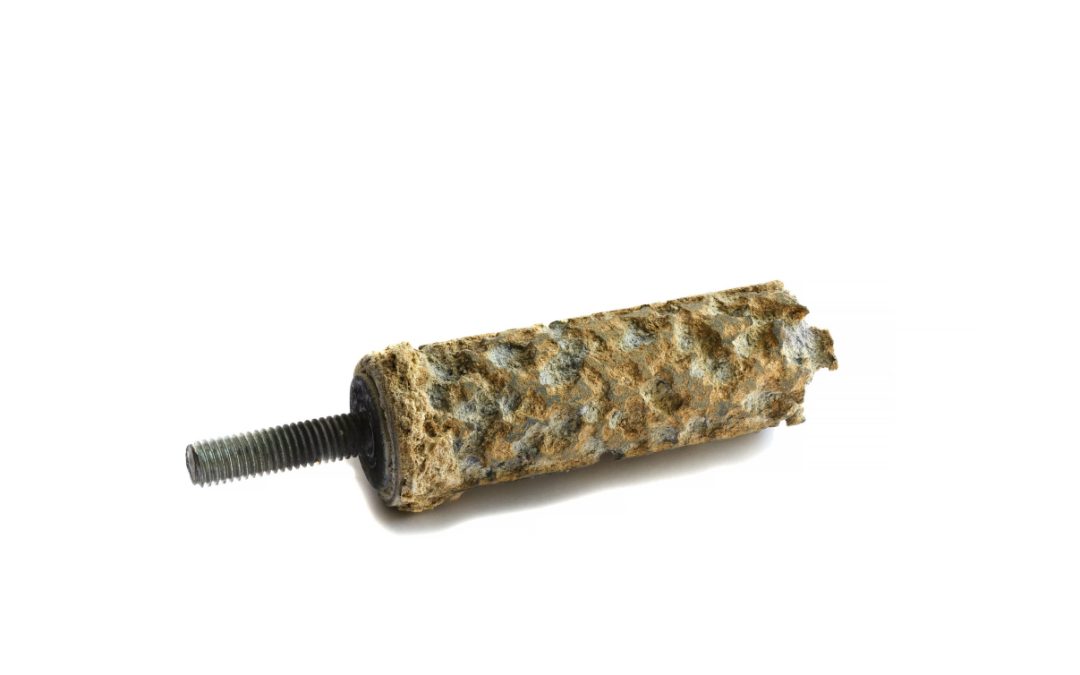Before replacing the anode rod in your water heater, there are a few things to know. First, you should understand the chemistry of the water. The anode rod is more vulnerable to corrosion in water that is too acidic. Another important factor is the material used to make the anode rod. Most are made of magnesium, which erodes very quickly. Therefore, if you live in an area with hard water, you should avoid buying a magnesium rod and inspect it more frequently. Replacing your anode rod every few years is best.
What is an anode rod, and what does it do?
An anode rod is a steel wire wrapped in aluminum, magnesium, or zinc. Its purpose is to protect the metal lining of your water heater tank from corrosion. The metal lining eventually cracks and splits, which is where the anode rod comes in handy.
In a water heater, the anode rod is located near the top of the tank. This rod springs into action when water is poured into the tank. This anode rod, also known as a sacrificial anode rod, keeps water from corroding the tank’s metal.
The anode rod is usually difficult to remove, but an air compressor can be used to break it free. If the rod is under a plastic cap, you may also need an impact wrench to do the job.
Why do water heaters need an anode rod?
An anode rod is a part of a water heater that protects the tank walls from corrosion. It is made of aluminum, magnesium, or zinc and is wrapped around a piece of steel. Unlike a tent pole, an anode rod is not bent. This makes it easier to remove and inspect the rod.
A water heater’s anode rod will last for about six years. The lifespan of an anode rod depends on the chemistry of the water. Acidic water will erode the anode rod faster than neutral water. In addition, the material that the rod is made of will affect its lifespan. Magnesium is a popular material for an anode rod. However, magnesium corrodes easily. If you have hard water, it is best to avoid purchasing a rod made of magnesium. If you do, you should inspect it more often and replace it after a few years.
Water tainted with sulfur will quickly eat away at the anode. This shortens the lifespan of the water heater. If you have well water, the sulfur level in the water is likely too high. Other factors affecting the anode’s performance include overusing water softeners, excessive calcium, lime buildup, and sulfur-eating bacteria.
How often should I replace my anode rod?
The anode rod on your water heater has two parts. The top anode rod only needs a quart of water, while the side anode rod requires the tank to be completely drained. Drain the tank until the anode rod is below the water level to reuse the water. Another option is to recycle it by using it to water plants.
When your anode rod is in good condition, it will appear shiny and solid. However, over time, it will begin to rust and become rusted. Over time, it can start to emit an unpleasant odor.
How do I replace my anode rod?
The anode rod in your water heater can be hard to remove. You can use a breaker bar to loosen it if you find it stuck. Sometimes, you may have to use a screwdriver to remove it. To make this task easier, try using a socket with a 1-1/16 size. While removing the anode rod, have someone nearby to hold the water heater.
Once you have removed the old anode rod, you can replace it with a new one. The anode rod is made of aluminum or magnesium. Magnesium anodes produce a stronger current than aluminum anodes, so they can help fight corrosion inside the tank.
What are the different types of anode rods?
Anode rods come in different materials, depending on the type of water in your home. Some are made from magnesium, while others are made from aluminum. Aluminum anode rods are less expensive than magnesium anode rods but are less long-lasting than magnesium rods. They also tend to sink to the bottom of the water tank, which could lead to future problems.
While magnesium anode rods are the most common, they do not work well in homes with hard water. The best type for homes with hard water is made from aluminum. Aluminum is flexible and cheap, so it is a good choice for a home with hard water. Zinc anode rods, made of 10% zinc mixed with aluminum, are also available. These rods can help remove bacteria and sulfur from the water. They also contain electrical pulses to remove corrosive elements.
Conclusion
The old water heater anode rod might break off and fall to the bottom of the water heater. Water heater anode rods are one of the most important appliances in a home. An anode rod is a rod that resides in your hot water tank. The job of the anode rod is very straightforward. It protects your hot water tank from corrosion by sacrificing itself. The negatively charged electrons create a higher voltage to flow from the anode rod to the steel tank, causing the anode rod to corrode instead of the steel water heater tank or other exposed metals such as electric elements. Magnesium rods may outperform aluminum rods but also tend to have shorter lifespans. If your water heater accepts an aluminum anode rod, your plumbing professional can change out a magnesium rod and hopefully kill the bad odor.



